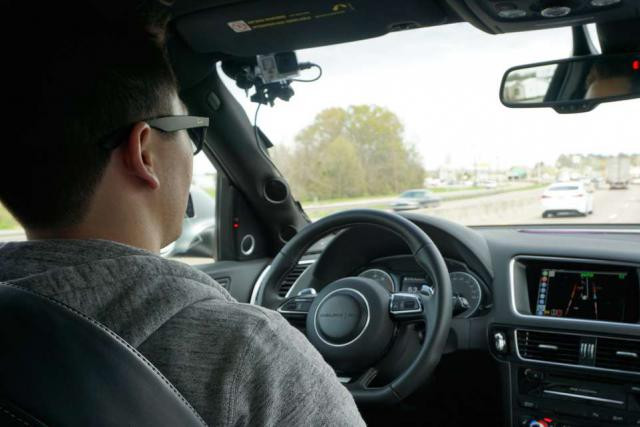The area forms part of a cross-border digital experimental site, spanning roads in the Metz region, in France, and the Saarland, in Germany, where testing will take place during the first half of 2018.
The news was announced from the Frankfurt motor show on Thursday where economy minister Étienne Schneider, and sustainable development minister François Bausch, along with German transport minister Alexander Dobrindt, signed a joint declaration to cooperate on the common digital experimental site.
It means that the three countries have committed to work together to create a cross-border environment where innovative technologies can be tested on all road categories.
At the same time, the countries can exchange experiences on legal and technical problems encountered in the cross-border use of automated and connected driving technologies.
The creation of the experimental site meets the recommendations set out in Luxembourg’s Third Industrial Revolution strategy, also known as the Rifkin Report, first published in 2016 and expected to be debated in the autumn.
Minister Bausch said on Thursday that he expected autonomous driving to “revolutionise our society”, in the same way the smartphone did. He said he expected the evolution of autonomous and connected driving to significantly reduce the number of road fatalities and create a new, on-demand mobility service, alongside public transport. “The future will belong to mobility as a service”, he said.
The news also comes one year after three representatives from Luxembourg met with key organisations in the domain of autonomous driving and mobility on demand in Silicon Valley.
